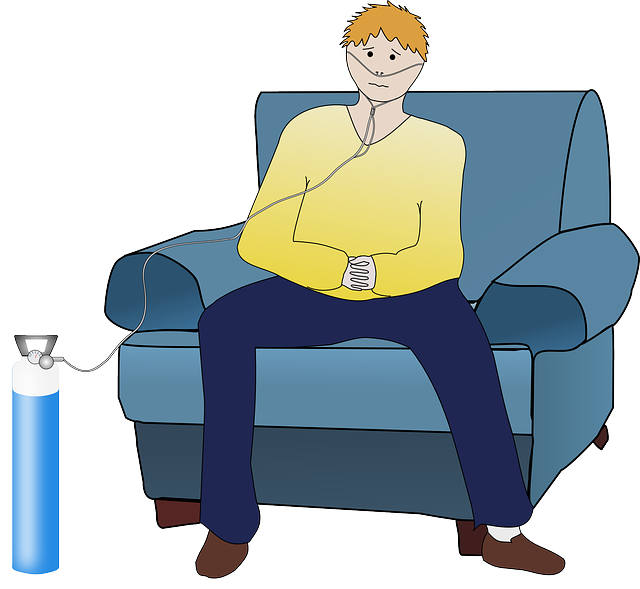As modern medicine advances, many of the illnesses and conditions that once would have killed a person can be survived. However, 'survived' does not mean 'cured' - many of these saved lives are subject to regular, sometimes unpleasant, treatments, or come with chronic pain, or a potentially shortened lifespan. All these are prime causes of psychological complications to the existing chronic disease. As many as a quarter of patients with chronic conditions have developed psychological problems1 that require their own form of treatment, so the field of chronic disease management has grown drastically over recent times to meet these new challenges.

Most common among patients with chronic medical conditions are depressive disorders. It is understandable that the uncertainty and inescapability of a chronic condition, coupled with the inconvenience of regular treatments in some cases, and/or constant discomfort or pain, could cause an individual to fall into despair, but thankfully, we don't have to leave them that way. Cognitive therapy deals with these issues by attempting to reform the way patients think of their conditions, making them challenges instead of pure disadvantages. For example, once a patient can look at the fact that they only have 3 hours between kidney treatments as a challenge to accomplish their goals faster so as not to be interrupted by that necessity, instead of seeing no point in starting anything that would be interrupted so soon, they are well on the road to a happier quality of life.
Other general techniques that can bring about mood improvement include setting realistic goals, expressive writing, self-monitoring moods for warning signs of depression to avert them early, organizing medical and end-of-life papers, and developing coping skills for when black moods set in. This ties in to appraisal theory to some extent too, as teaching a patient to assess a situation positively instead of negatively can also lead to a lighter emotional state.
References:
1. White, C. (2001). Cognitive behavioral principles in managing chronic disease. [ONLINE] Available at: http://www.ncbi.nlm.nih.gov/pmc/articles/PMC1071616/. [Last Accessed 7/2/2014].
© BrainMass Inc. brainmass.com April 27, 2024, 3:47 pm ad1c9bdddf